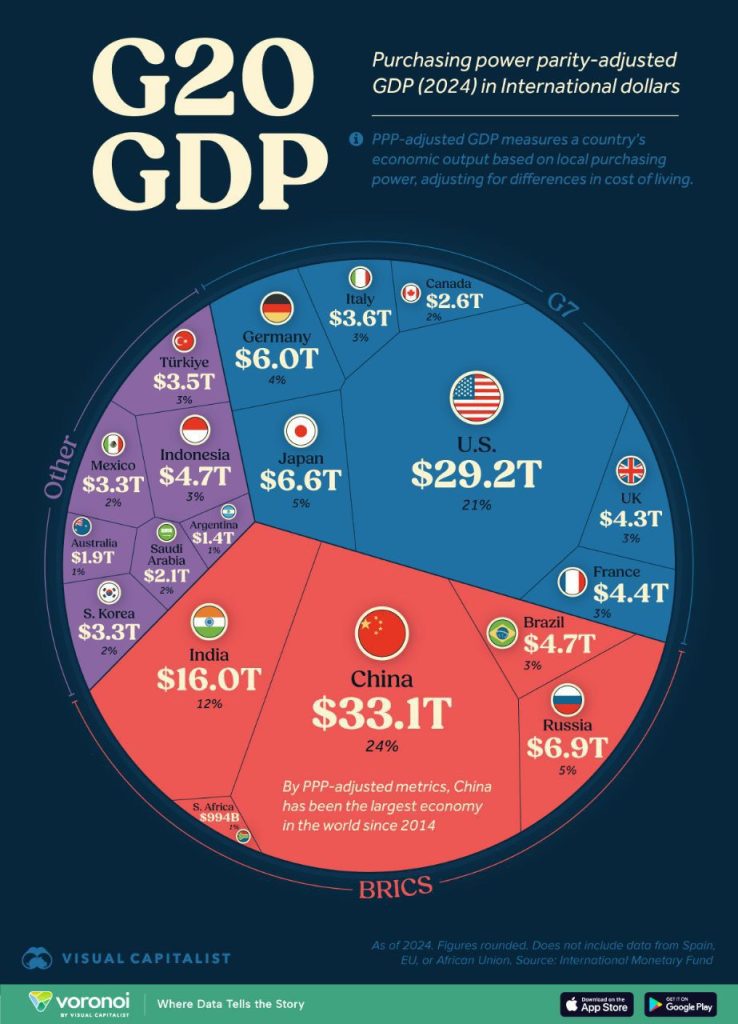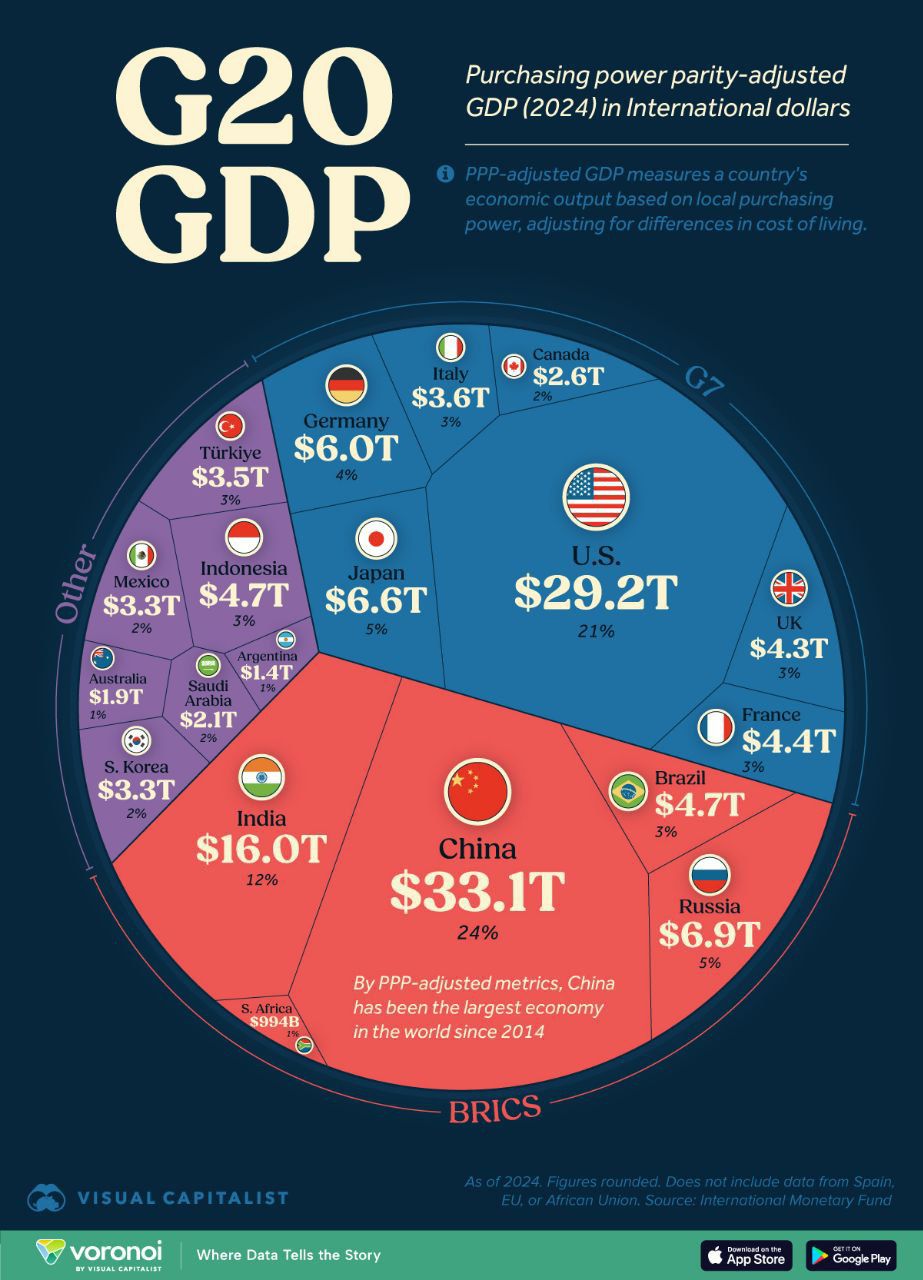CX-Centric Transformation: How CX Strategies for G20 Economies Can Drive Growth and Citizen Satisfaction
Introduction: The Growing Relevance of CX in Global Economies
Customer experience (CX) is no longer just a business buzzword. It’s rapidly shaping how governments, organizations, and economies interact. In an interconnected world, economic growth and citizen well-being increasingly depend on CX-focused strategies. By prioritizing seamless service delivery, equitable opportunities, and participatory governance, G20 economies can unlock immense potential. Let’s explore how G20 nations can use CX to achieve sustainable, inclusive growth and secure a better future.
Economic Growth and Citizen Well-Being: A CX Perspective
G20 nations, representing 85% of global GDP, have the power to influence billions of lives through their policies. Prioritizing citizen-centric governance improves trust, fosters collaboration, and drives economic engagement. For example, China’s infrastructure projects focus on connecting rural and urban regions, improving accessibility. Similarly, India’s investment in social schemes ensures financial inclusion and empowers underprivileged communities.
Transitioning from traditional governance to human-centric policymaking will help these economies drive real societal change. Incorporating tools like participatory budgeting allows citizens to contribute to resource allocation. Consequently, this creates a transparent, empowering experience that directly impacts economic stability and growth.
Job Creation: Empowering Citizens Through CX-Focused Policies
Job creation is critical for driving economic growth while improving the citizen experience. Emerging economies like Brazil and South Africa need targeted employment strategies. By fostering industries such as renewable energy and technology, they can ensure high job satisfaction and financial security.
Moreover, reskilling programs can provide citizens with future-ready skills, ensuring adaptability in evolving markets. Governments must partner with businesses to create tailored training modules that align with workforce demands. For instance, nations like Germany, with robust vocational training systems, showcase how reskilling can enhance employability and economic contribution.
Infrastructure and Digital Transformation: Streamlining CX for Citizens
Digital transformation plays a pivotal role in improving CX across economies. The U.S., for instance, leads in technological innovation, enabling citizens to access seamless digital services. Similarly, Japan leverages its advanced transport systems, providing reliable and efficient mobility for millions.
Emerging markets can adopt similar strategies by focusing on infrastructure growth and digitization. Investments in broadband connectivity, fintech platforms, and e-governance portals can bridge service gaps. For example, Indonesia’s Gojek platform revolutionized transport and payments, blending technology with regional needs to create a superior customer experience.
Sustainability as a CX Imperative: CX Strategies for G20 Economies
Sustainability enhances citizen satisfaction while ensuring long-term economic growth. Citizens increasingly prioritize eco-friendly initiatives and demand actionable policies from governments. For instance, Germany’s Energiewende program promotes renewable energy use, providing affordable and sustainable solutions for its population.
Emerging economies, such as India and South Africa, should replicate similar green practices. Investment in clean energy reduces pollution, enhances health outcomes, and lowers energy costs. Additionally, sustainability-driven CX strategies foster international collaboration, encouraging shared responsibility among G20 nations for a greener future.
Financial Inclusion: The Key to Citizen Empowerment
Financial inclusion is essential for bridging economic divides. Nations like Argentina and Turkey, battling high debt levels, need CX-focused fiscal strategies. Simplifying access to banking services, offering micro-loans, and creating secure digital payment systems can empower citizens financially.
Countries like India have seen significant success with initiatives like Jan Dhan Yojana. This program provided millions with access to formal banking, reducing inequality and enhancing trust. Financial literacy campaigns should complement such policies, ensuring citizens understand the tools available to them.
Global Partnerships: Driving Collaborative CX Innovations
G20 nations can leverage partnerships to drive customer-centric innovation and boost citizen satisfaction. Cross-border collaboration promotes technology transfer, knowledge sharing, and co-creation of best practices. For instance, the BRICS nations work together to foster technological advancements that benefit member countries.
Furthermore, these partnerships should prioritize addressing global challenges like climate change and food security. Collaborative CX solutions, such as international clean energy projects, can enhance outcomes for citizens worldwide while strengthening economic ties.
Citizen Engagement in Policymaking: Building Trust Through Participation
Engaging citizens in policymaking creates trust, accountability, and a sense of ownership. For example, participatory governance models in countries like Canada and the UK allow citizens to contribute to decisions.
By actively involving the public in resource allocation, tax reforms, and public service design, governments can improve satisfaction. This fosters a positive feedback loop where empowered citizens contribute to economic development and social cohesion.
Actionable CX Strategies for G20 Economies
- Invest in Digital Platforms: Governments should prioritize user-friendly portals for services like tax filing, healthcare, and benefits access.
- Focus on Regional Needs: Tailor solutions based on local demographics, ensuring accessibility for marginalized communities.
- Promote Skill Development: Encourage private-public partnerships to create reskilling programs aligned with job market demands.
- Foster Financial Literacy: Simplify financial tools, ensuring citizens understand and trust their economic systems.
- Adopt Sustainability Initiatives: Commit to green policies that improve citizen health, reduce costs, and ensure long-term stability.

The Future of CX-Driven Economies: CX Strategies for G20 Economies
As we look ahead, CX will define economic success across G20 nations. Nations that prioritize transparency, inclusivity, and adaptability will secure long-term growth. Emerging economies must adopt digital-first approaches to bridge service gaps and create seamless experiences. Meanwhile, developed economies must focus on innovation and sustainability to stay competitive.
Overall, CX-driven strategies will ensure that economic policies resonate with citizens, fostering trust, loyalty, and collaboration. By making citizen satisfaction a cornerstone of economic planning, G20 nations can unlock unprecedented potential while securing a better future for their people.

